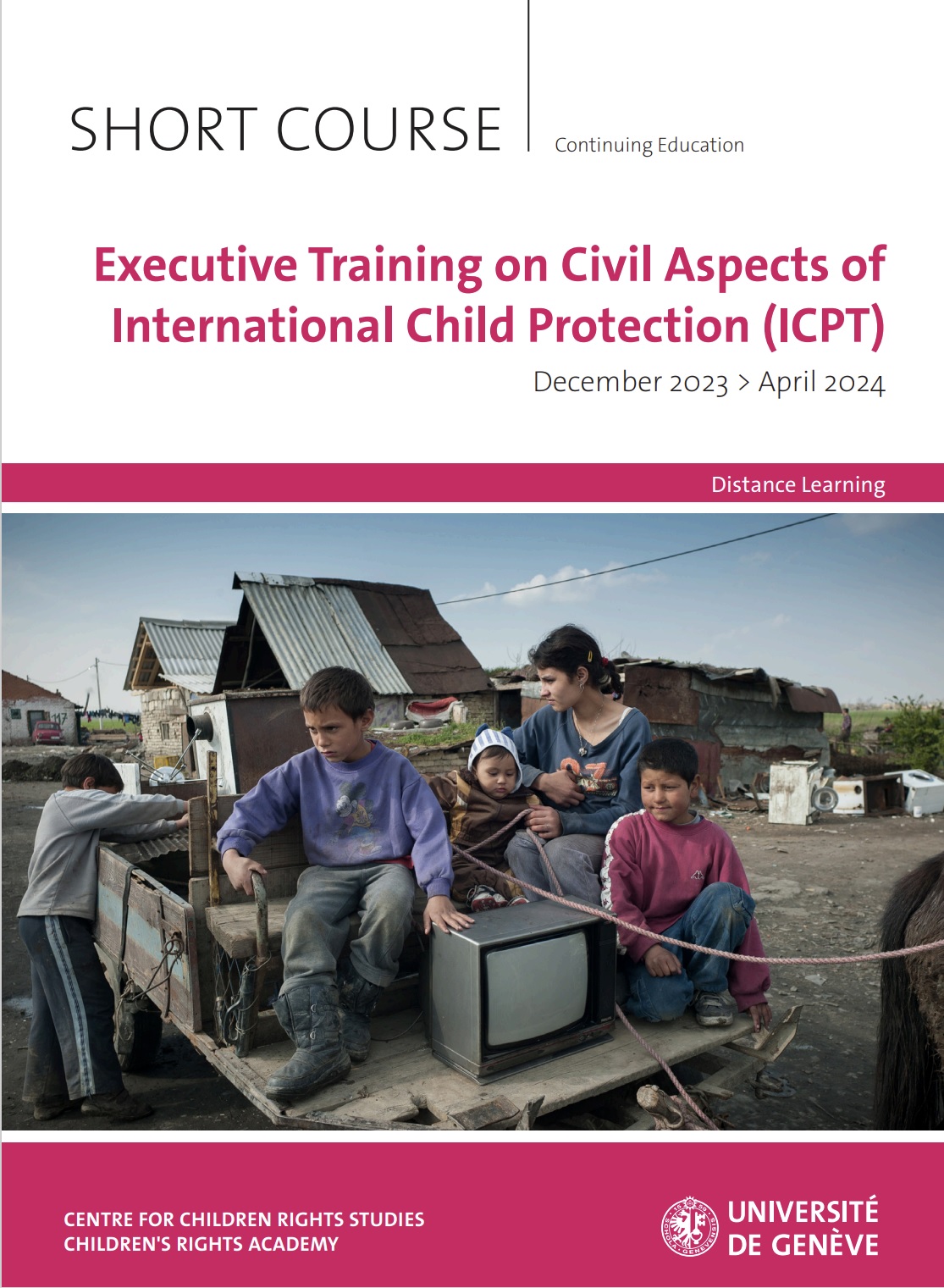Call for papers workshop Collective Actions on ESG
For a workshop on collective actions on ESG toics that will take place in Amsterdam on 21 and 22 November 2024 a call for paper has been posted, deadline 1 July 2024.
As a follow-up from the 4th International Class Action Conference in Amsterdam, 30 June – 1 July 2022, the University of Amsterdam, Tilburg University and Haifa University are jointly organizing a workshop on large scale collective actions on Environmental, Social and Governance topics. The workshop is intended to act as a forum for the sharing of experiences and knowledge. In an increasingly interconnected world, such opportunities for international scholars and practitioners to come together and discuss notes and views on the development of collective redress in their jurisdictions, are more relevant than ever. We choose to organize this as a workshop centered around academic papers in order to both give serious substance to the forum and to convert the exchange of knowledge into lasting contributions in the shape of publications in a special issue journal.
More information is available here: Call for papers for workshop on ESG collective action in Amsterdam – 21 and 22 Nov 2024


